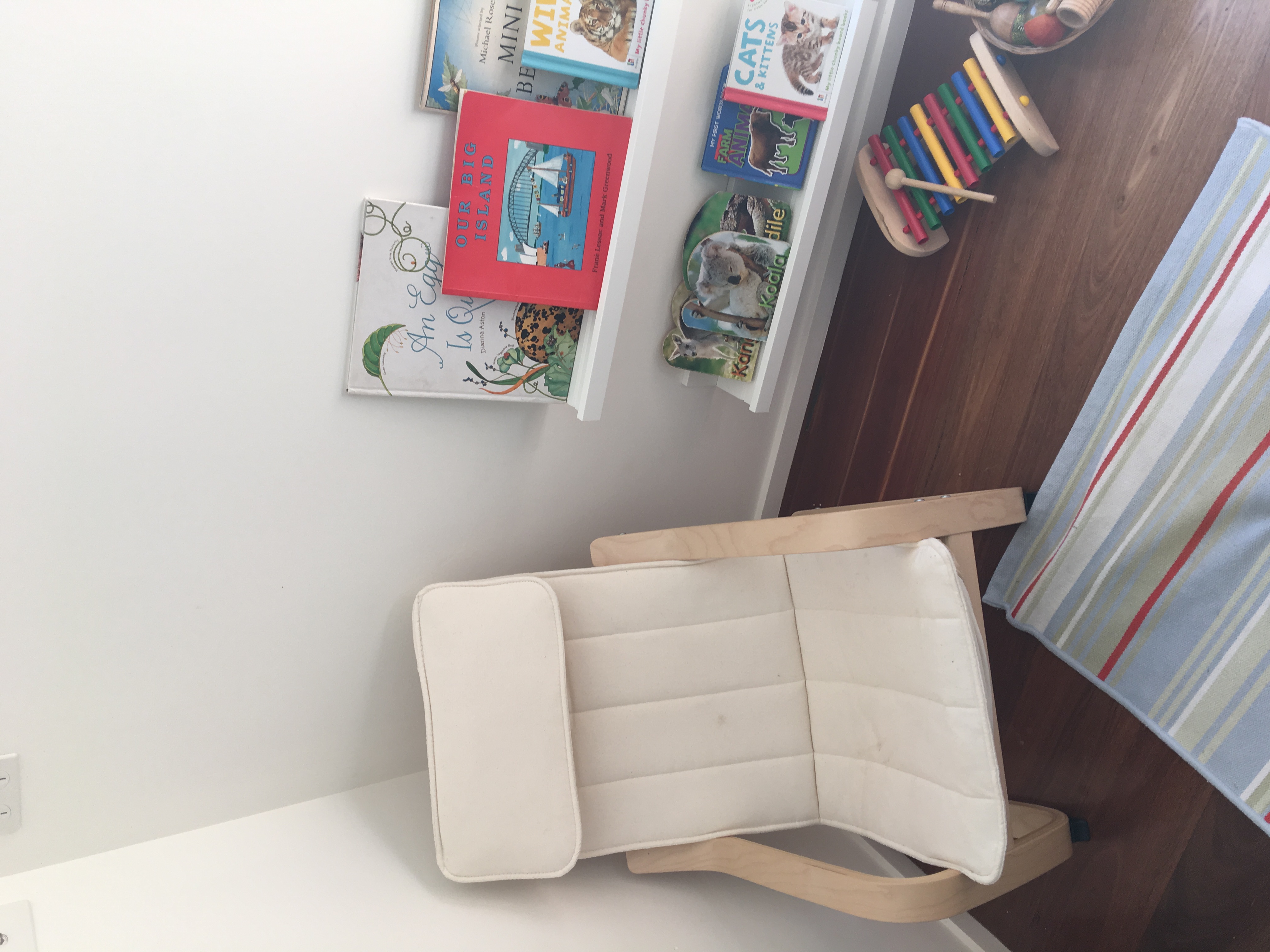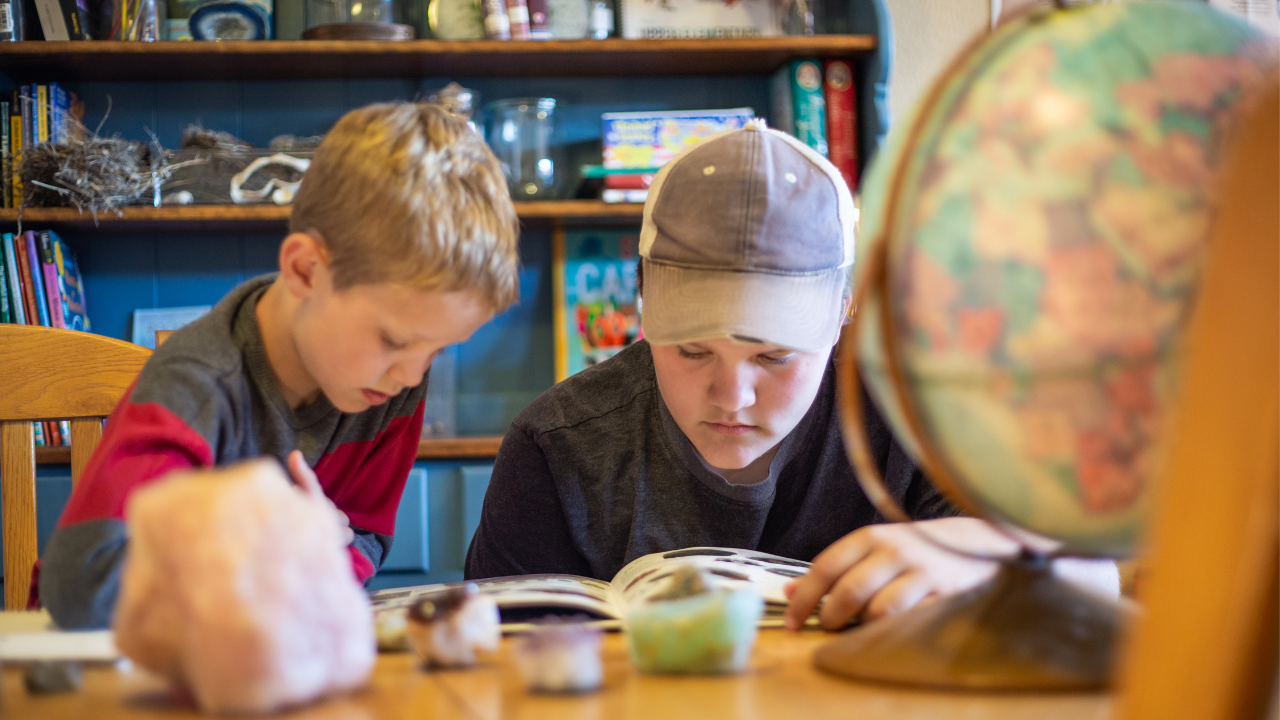Montessori at Home
May 20, 2025
A Guide for Your Homeschool Journey
Are you drawn to the Montessori philosophy but wondering how to truly bring it alive within your homeschool? You're not alone! Many homeschooling families are captivated by Dr. Maria Montessori's child-centred approach, and the good news is that its core principles can be beautifully and effectively woven into the fabric of your home learning environment.
At its heart, Montessori education is about fostering a deep love of learning, independence, and respect for each child's unique developmental path. It's less about specific materials (though they are wonderful tools!) and more about an attitude and an environment that empowers your child.
So, how can you cultivate this enriching approach in your homeschool? Let's explore some key ideas:
1. Embrace Child-Led Learning & Follow the Child: This is a cornerstone of Montessori. Observe your child – what are their current interests, passions, and developmental needs? Instead of a rigid, adult-imposed curriculum, allow your child's curiosity to guide their learning. This doesn't mean a free-for-all; it means providing a thoughtfully prepared environment with engaging options and then stepping back to let them explore. If your child is fascinated by dinosaurs, use that interest to explore paleontology, biology, history, and even math (counting bones, measuring timelines!).
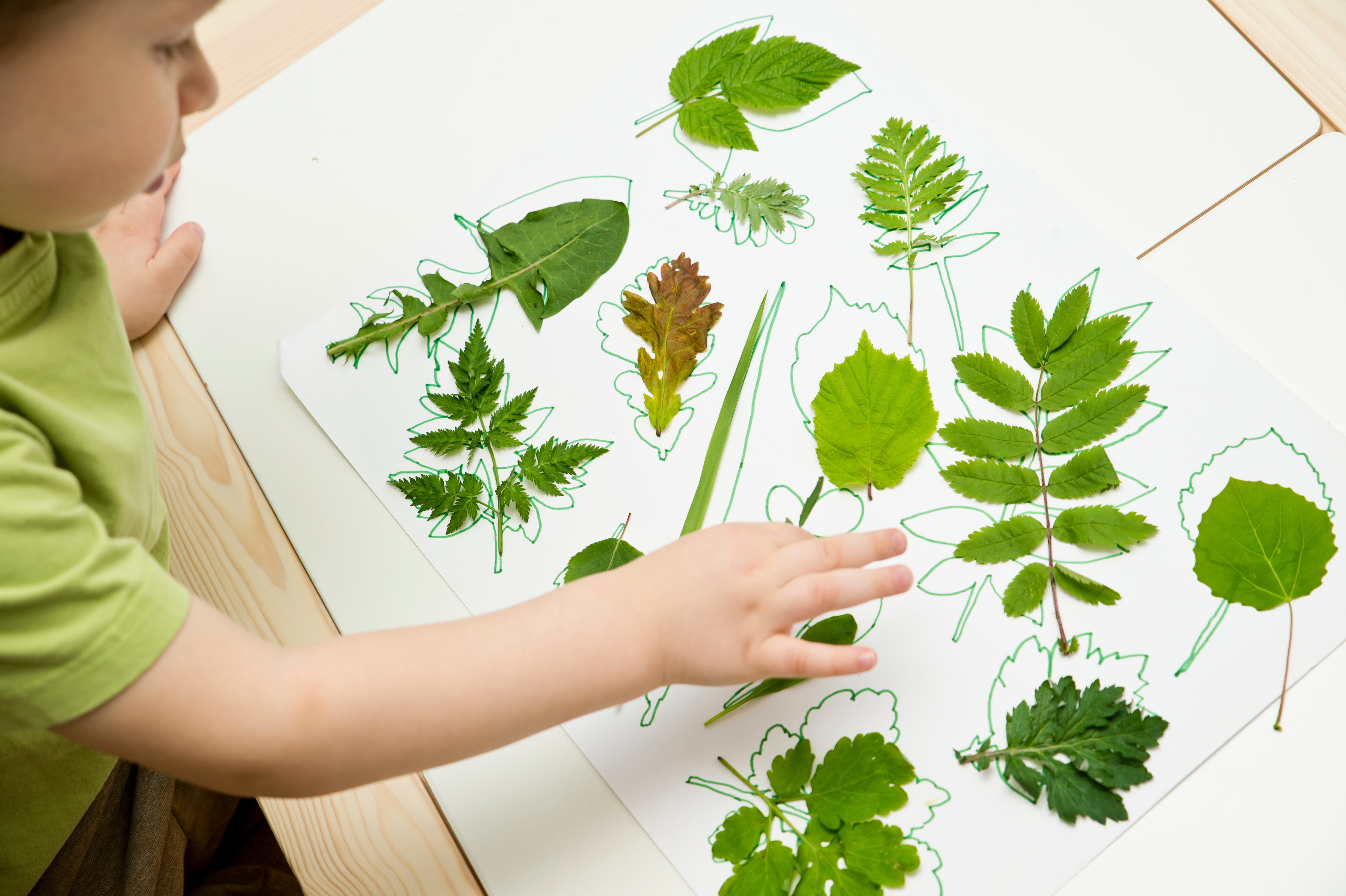
2. The Prepared Environment – Your Home as a Learning Haven: Your home is your child's primary learning environment. Think about how you can make it accessible, orderly, and inviting for them. This means:
- Child-Sized Everything: Low shelves for books and materials, a small table and chair for work, accessible cleaning supplies for practical life activities.
- Order and Beauty: A calm, uncluttered space helps children focus. Store materials in an organised way, preferably on trays or in baskets, and consider the aesthetic appeal of the space.
- Freedom of Movement: Ensure your child can move freely and choose their activities.
3. Practical Life Skills – The Foundation of Independence: These are the everyday activities that build concentration, coordination, independence, and a sense of responsibility. In a homeschool setting, this is golden! Involve your children in:
- Care of Self: Dressing, preparing snacks, personal hygiene.
- Care of Environment: Tidying up, watering plants, setting the table, helping with laundry.
- Grace and Courtesy: Learning polite interactions, how to interrupt respectfully, and how to be a considerate member of the family.
These aren't just chores; they are vital learning opportunities that build self-esteem and essential life skills.
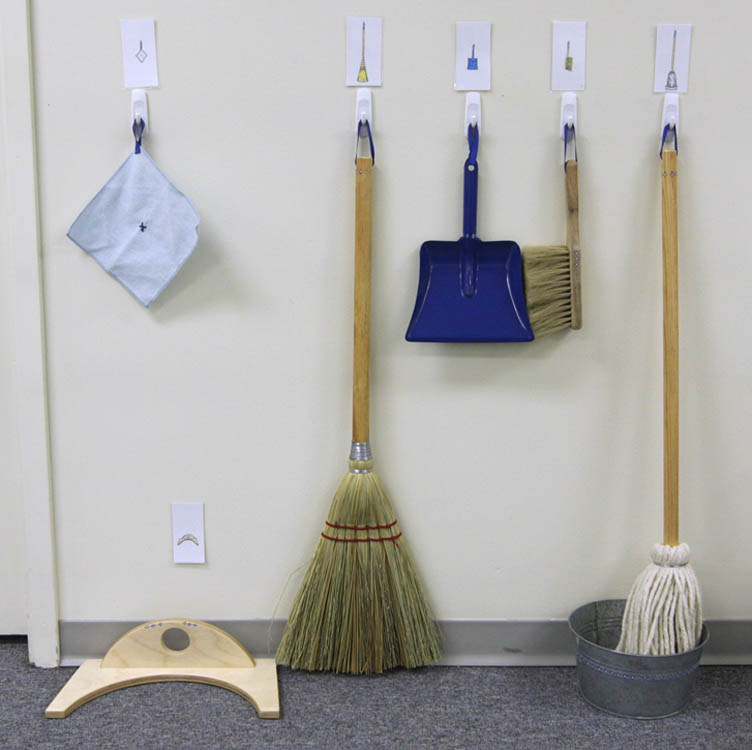
4. Hands-On, Concrete Learning: Montessori emphasised learning through doing and experiencing, rather than abstract instruction alone.
- Manipulatives: While official Montessori materials can be an investment, you can often find DIY alternatives or focus on the principles behind them. Think about materials that allow for sensory exploration and concrete understanding of concepts (e.g., using beads for counting, sandpaper letters for early literacy).
- Real-World Experiences: Cooking involves math and science. Gardening teaches biology and patience. Building with blocks explores engineering principles.
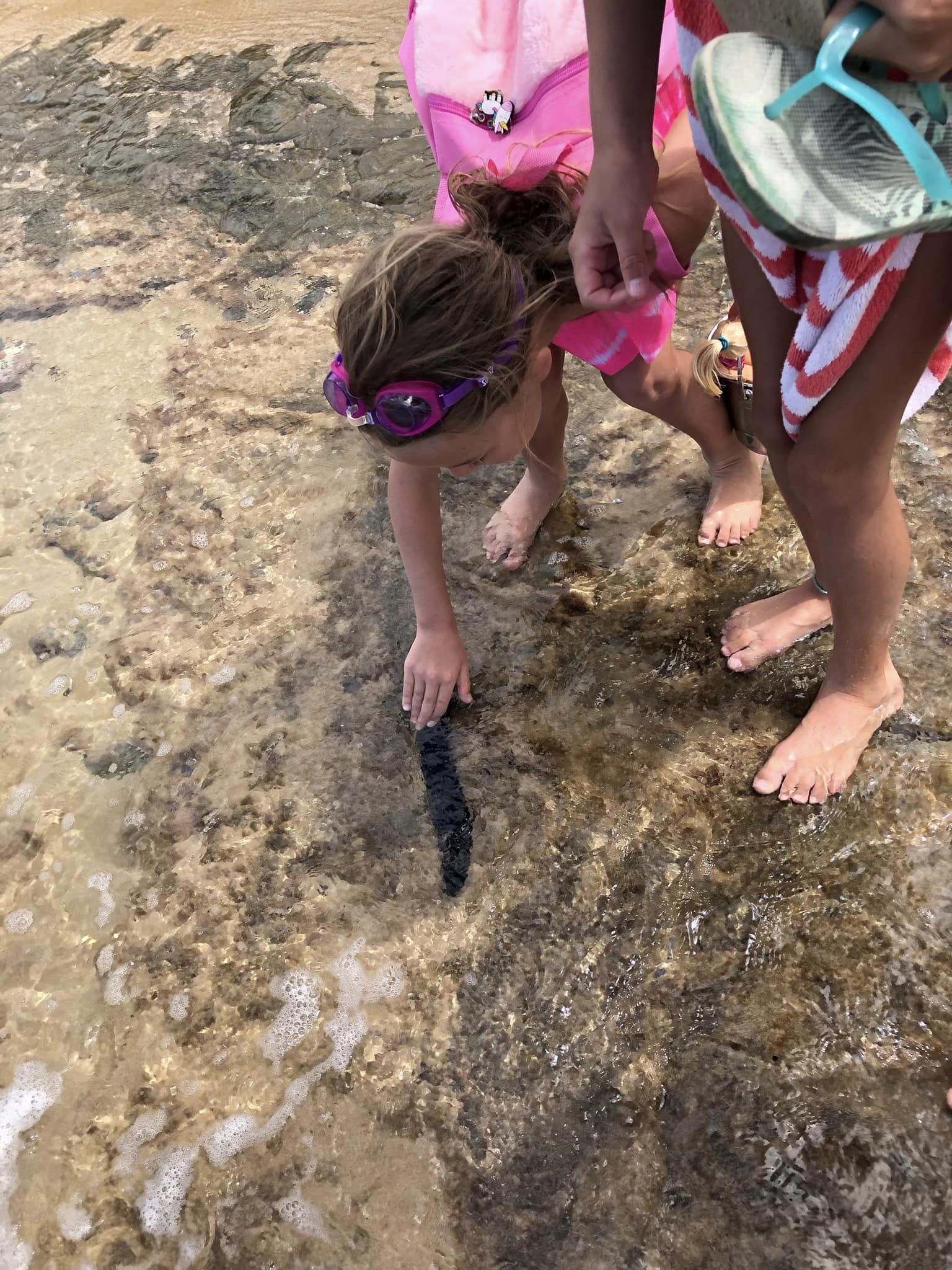
5. Observation is Key: Your role as a Montessori homeschooling parent is often that of a guide and keen observer. By watching your child, you'll understand their needs, interests, and when they might be ready for a new challenge or a different approach. This observation allows you to tailor the environment and activities effectively.
Common Questions & Encouragement:
- "Do I need all the official materials?" No! While beautiful and thoughtfully designed, the philosophy is paramount. Focus on providing hands-on, engaging activities that meet your child's developmental stage.
- "How do I balance multiple ages?" Mixed-age environments are actually a feature of Montessori! Older children can mentor younger ones, and younger children learn by observing. Focus on individual work cycles and activities that can be adapted.
- "What about 'academics'?" Montessori introduces academic concepts in a concrete, sensorial way that often leads to a deep and lasting understanding. Practical life and sensorial activities are the foundation for later academic learning.
Bringing Montessori into your homeschool is a journey, not a destination. There will be days of joyful discovery and days that feel more challenging. Remember to be patient with yourself and your child. Embrace the process, celebrate the small victories, and enjoy the incredible experience of watching your child blossom into a confident, independent learner.

